
Find Help
More Items From Ergsy search
-
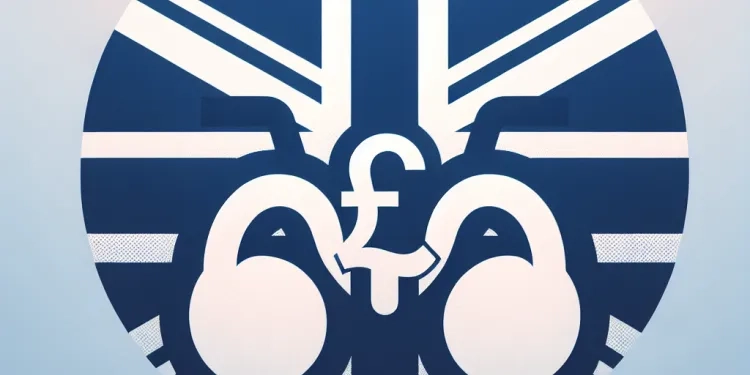
What is testicular cancer?
Relevance: 100%
-

What is testicular cancer?
Relevance: 99%
-

What is testicular cancer?
Relevance: 99%
-
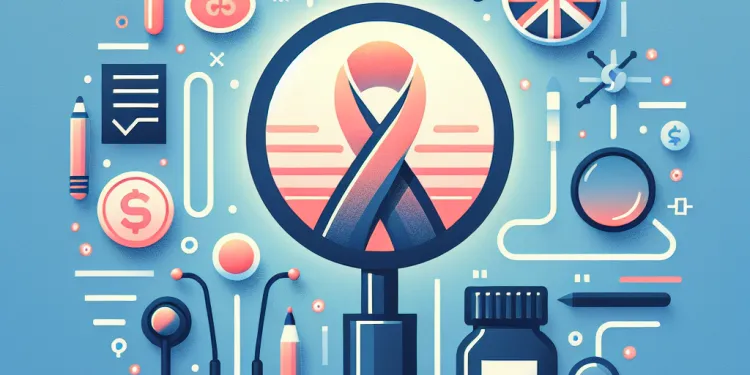
Is testicular cancer treatable?
Relevance: 98%
-

How common is testicular cancer?
Relevance: 96%
-
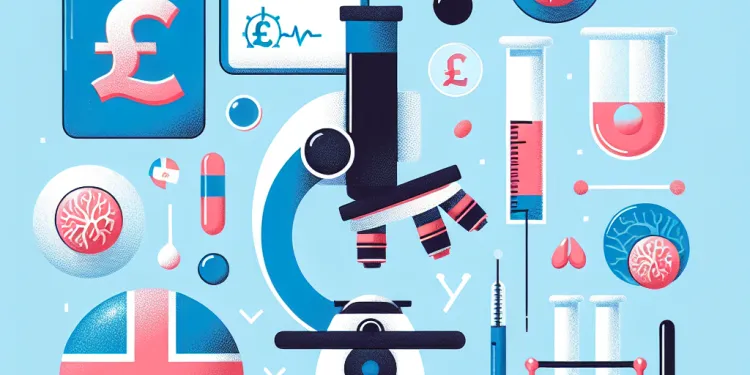
What causes testicular cancer?
Relevance: 96%
-
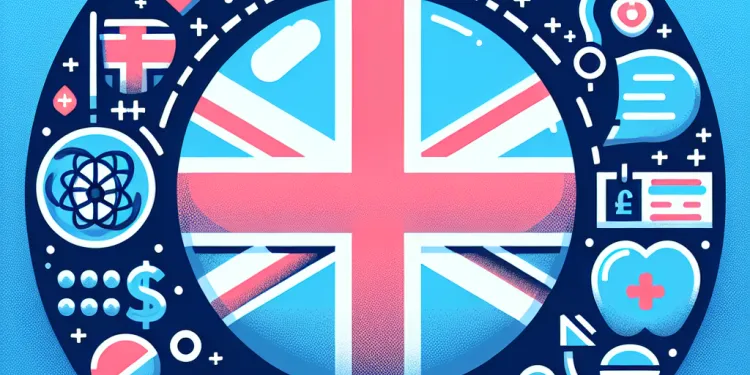
Who is at risk for testicular cancer?
Relevance: 96%
-
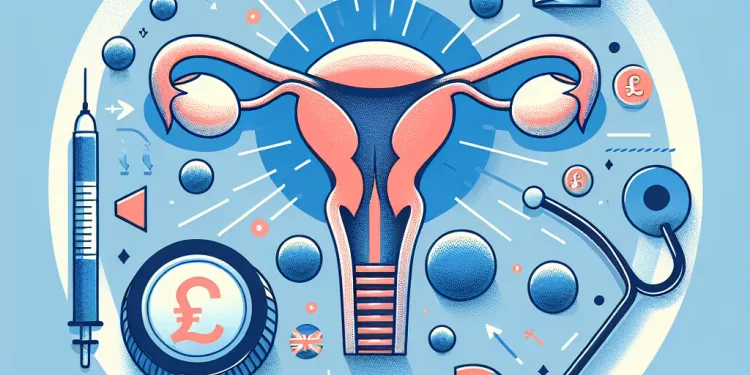
What are the symptoms of testicular cancer?
Relevance: 95%
-

What are the stages of testicular cancer?
Relevance: 94%
-
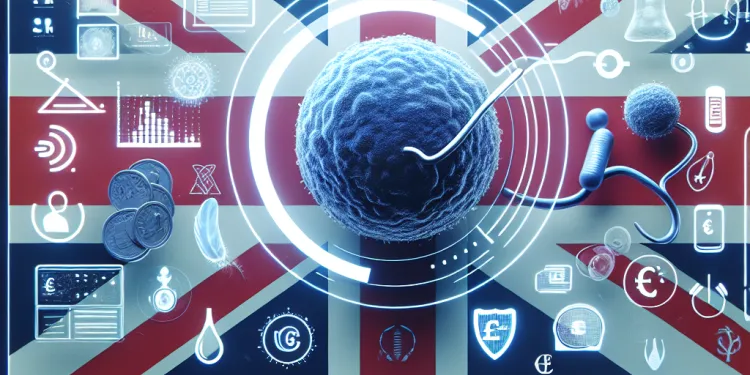
How is testicular cancer diagnosed?
Relevance: 93%
-
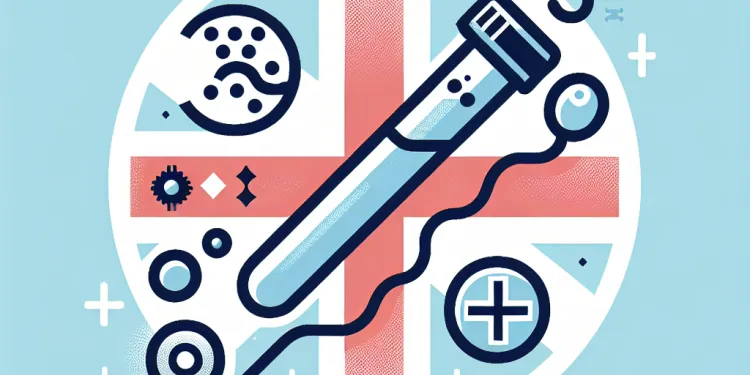
Is fertility affected by testicular cancer?
Relevance: 92%
-

What is the survival rate for testicular cancer?
Relevance: 92%
-
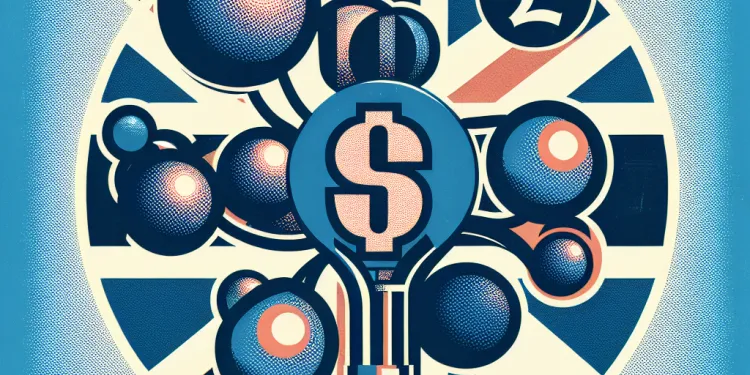
What types of treatments are available for testicular cancer?
Relevance: 89%
-

Are there support groups for those affected by testicular cancer?
Relevance: 87%
-

Can testicular cancer recur after treatment?
Relevance: 87%
-

Can testicular cancer spread to other parts of the body?
Relevance: 87%
-
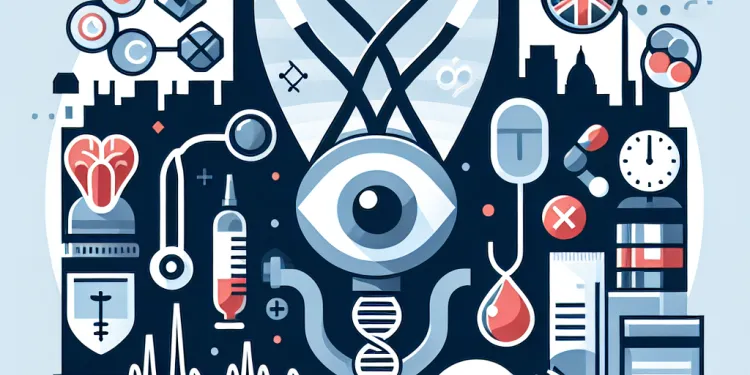
What role do tumor markers play in testicular cancer?
Relevance: 84%
-

Can lifestyle changes help prevent testicular cancer?
Relevance: 84%
-
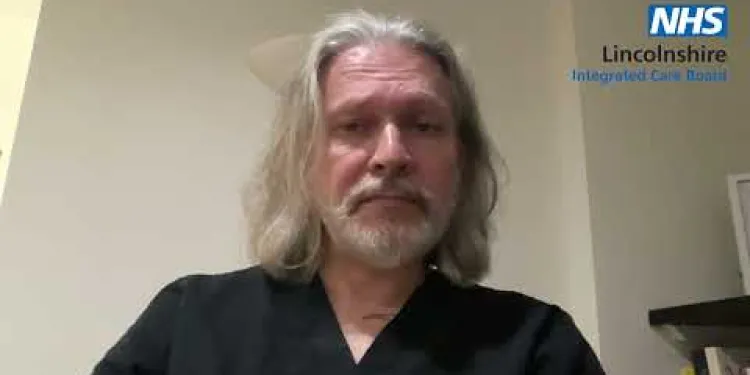
Getting to know your Testicles: Testicular Cancer Awareness with Dr James Howarth, Spilsby Surgery
Relevance: 79%
-

How can I perform a testicular self-exam?
Relevance: 66%
-

When should I see a doctor about potential testicular cancer?
Relevance: 58%
-
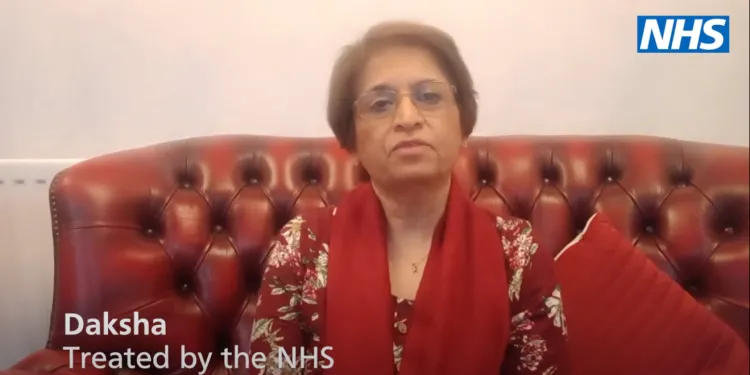
What is Cancer?
Relevance: 37%
-
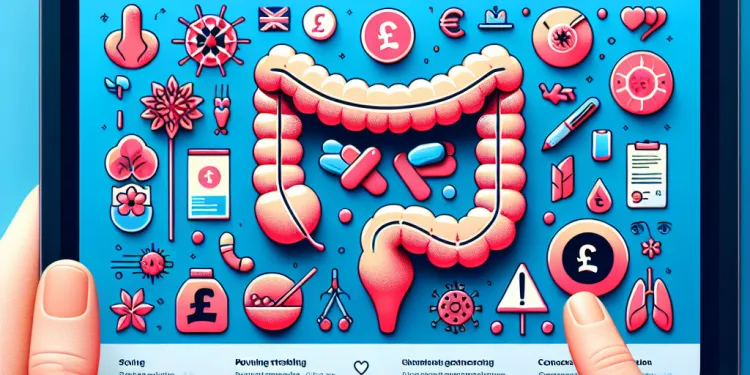
What are the risk factors for bowel cancer?
Relevance: 37%
-
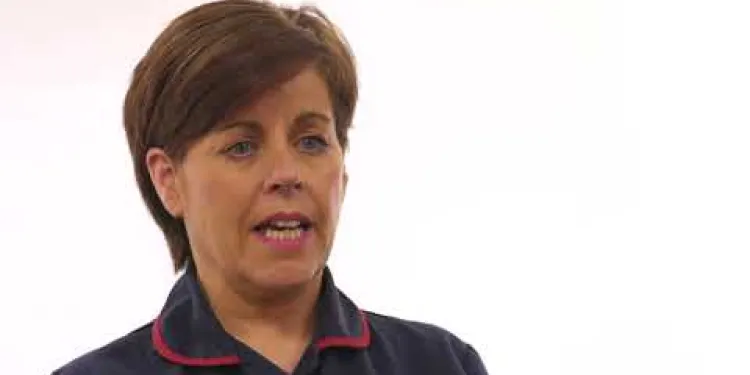
Ovarian Cancer
Relevance: 37%
-
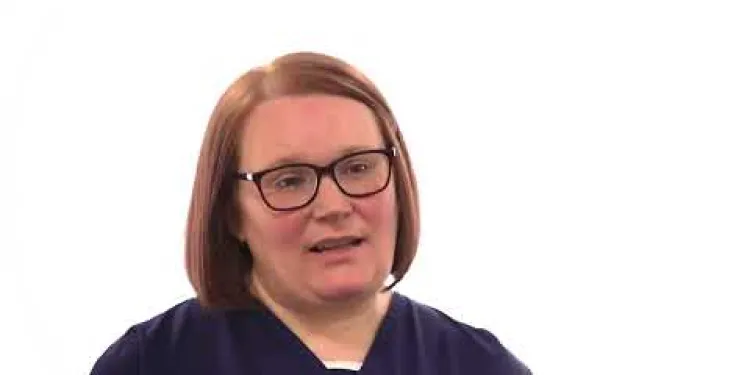
Vaginal Cancer
Relevance: 37%
-
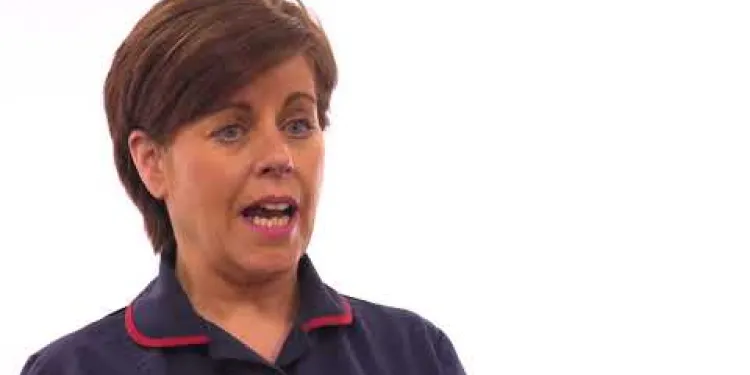
Endometrial Cancer
Relevance: 37%
-
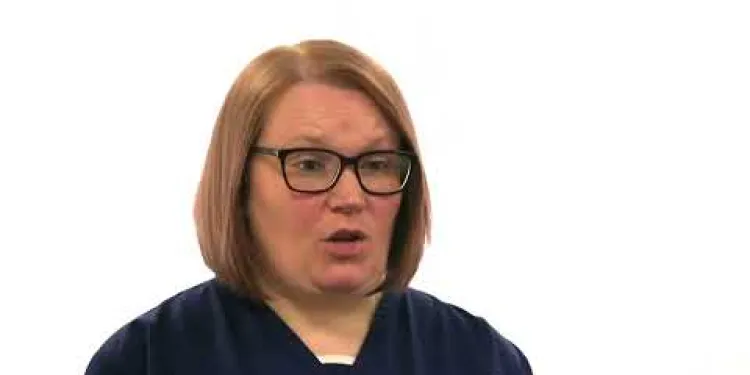
Vulval Cancer
Relevance: 37%
-
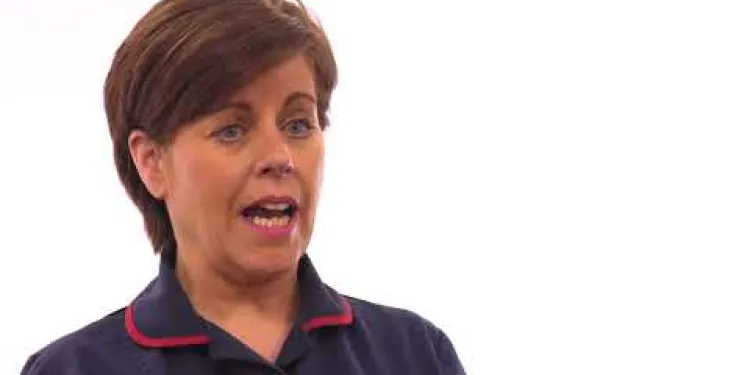
Endometrial Cancer
Relevance: 37%
-
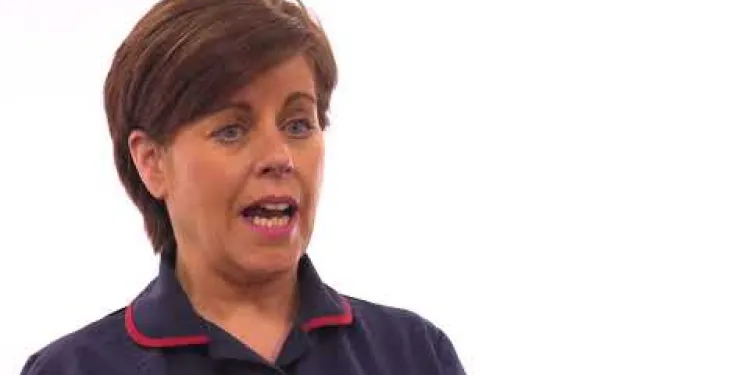
Endometrial Cancer
Relevance: 36%
-
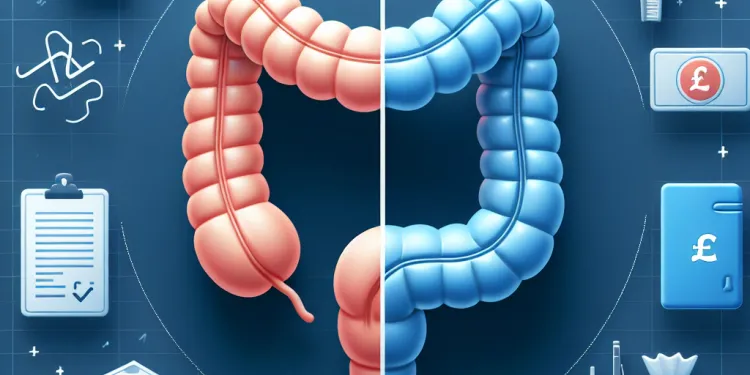
What is the difference between colon cancer and rectal cancer?
Relevance: 36%
-

What is cancer screening?
Relevance: 35%
-

What is colorectal cancer?
Relevance: 35%
-

What is Bowel Cancer?
Relevance: 35%
-
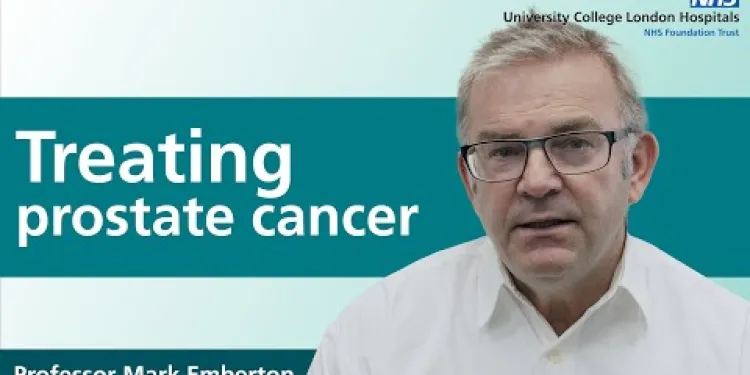
Treating prostate cancer
Relevance: 35%
-
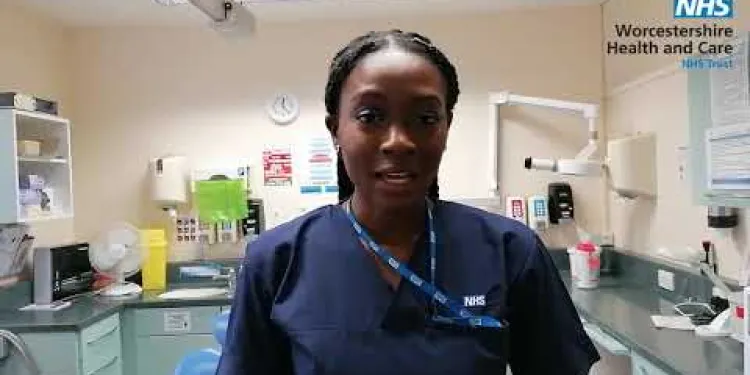
Mouth Cancer Awareness
Relevance: 35%
-
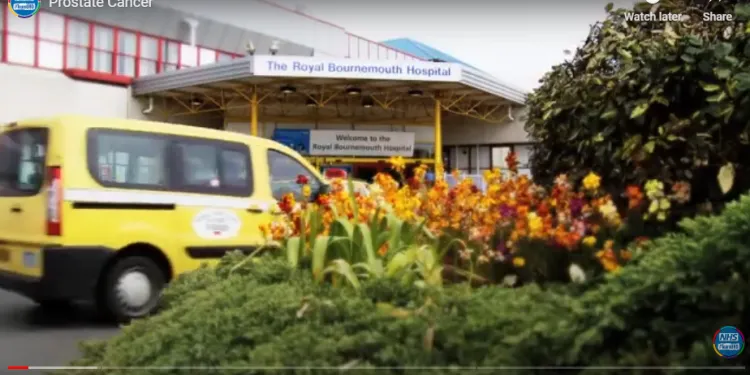
What is Prostate Cancer?
Relevance: 35%
-
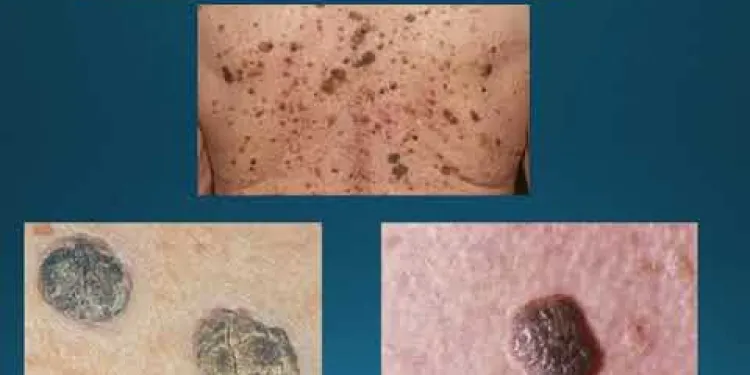
Skin cancer education
Relevance: 35%
-
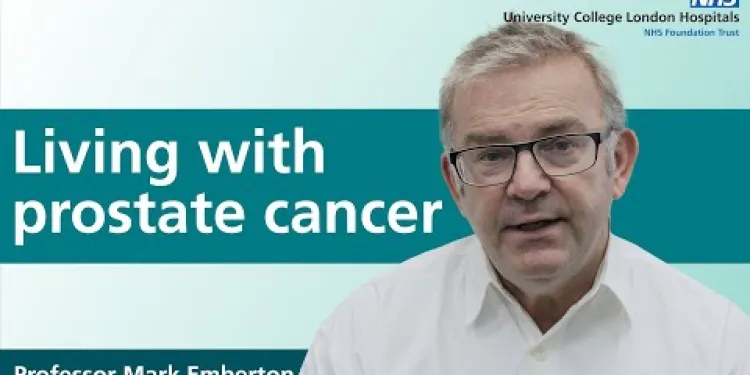
Living with prostate cancer
Relevance: 35%
-
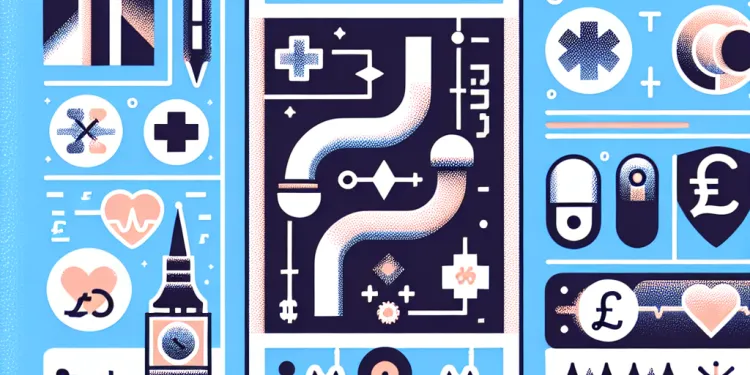
What is Pancreatic Cancer?
Relevance: 35%
-
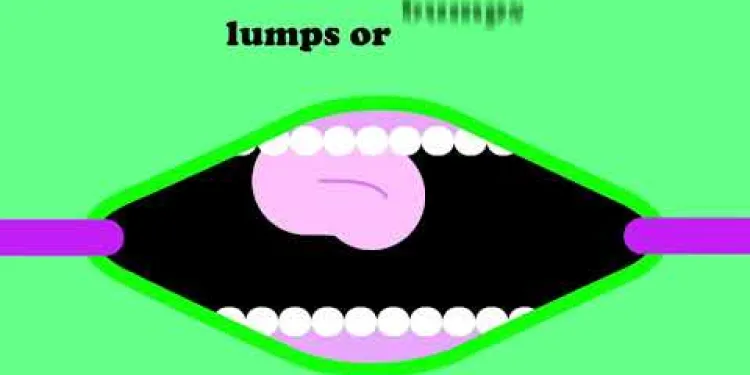
Mouth Cancer Infomercial
Relevance: 35%
Understanding Testicular Cancer
Testicular cancer is a type of cancer that originates in the testicles, which are part of the male reproductive system. Although it is relatively rare compared to other types of cancer, it is the most common cancer in young men aged 15 to 49 in the UK. Early detection is crucial as it often leads to more effective treatment and a better prognosis.
Recognising the Symptoms
Men should be vigilant about changes in their testicles and consult a healthcare professional if they notice any unusual signs. Common symptoms of testicular cancer include a lump or swelling in one of the testicles, which may or may not be accompanied by pain. Other signs can include a dull ache or sharp pain in the testicles or scrotum, a feeling of heaviness in the scrotum, or a change in the shape or texture of the testicles.
When to See a Doctor
It is important to see a doctor if you notice any of the aforementioned symptoms or changes. Early consultation is particularly crucial if you find a lump in the testicle which persists for more than two weeks. While not all lumps are cancerous, only a qualified healthcare provider can make an accurate diagnosis. Additionally, if you experience sudden and severe pain in the testicles, seek medical attention immediately as this might indicate a condition requiring urgent treatment.
Understanding Risk Factors
Being informed about the risk factors for testicular cancer can also guide you on when to seek medical advice. Men with a history of undescended testicle(s), a family history of testicular cancer, or those who have had testicular cancer before, may be at increased risk. Awareness of these factors can help in making informed decisions about when to see a doctor.
What to Expect at the Doctor's Appointment
During your appointment, your doctor will likely conduct a physical examination and inquire about your symptoms. If testicular cancer is suspected, they may recommend an ultrasound of the testicles to get a detailed image of the internal structure. Blood tests to check for certain tumour markers and, in some cases, a biopsy, may also be necessary to confirm the diagnosis. Early diagnosis significantly improves treatment outcomes, so do not delay seeking medical advice.
Conclusion
If you have concerns about potential testicular cancer, do not hesitate to contact your GP for advice and assessment. Regular self-examinations can help detect changes early, increasing the chances of successful treatment. Remember, when caught early, testicular cancer is one of the most treatable forms of cancer, so prompt action is always in your best interest.
Understanding Testicular Cancer
Testicular cancer is a disease that starts in the testicles. These are part of the male body's reproductive system. It is not very common, but it is the most common cancer in young men from age 15 to 49 in the UK. Finding it early is very important because treatment works better then.
Recognising the Symptoms
Men should pay attention to any changes in their testicles. If there is anything unusual, they should see a doctor. Signs of testicular cancer include a lump or swelling in one testicle. Sometimes it hurts, sometimes it doesn't. There may also be a dull ache or sharp pain. Some people feel heaviness in the testicles, or notice a change in shape or feel.
When to See a Doctor
See a doctor if you notice any of these signs. Especially if there is a lump that lasts more than two weeks. Not all lumps are cancer, but only a doctor can tell for sure. If you have sudden, strong pain in your testicles, go to a doctor right away because it might need urgent care.
Understanding Risk Factors
Knowing what makes testicular cancer more likely can help you decide when to see a doctor. Men with a testicle that didn’t move down properly, or family history of testicular cancer, or who had testicular cancer before, might have more risk. Being aware helps you make good choices about your health.
What to Expect at the Doctor's Appointment
When you visit the doctor, they will check you and ask about your symptoms. If they think it might be cancer, they may do an ultrasound test to look inside the testicles. Blood tests to find certain chemicals and sometimes a small sample (biopsy) might be needed to know for sure. Finding cancer early makes treatment work better, so visit the doctor if you’re worried.
Conclusion
If you think you might have testicular cancer, don’t wait. Call your doctor for advice. Checking yourself regularly can help you find changes early. Testicular cancer is very treatable if found early, so act quickly if you have concerns.
Frequently Asked Questions
Useful Links
This website offers general information and is not a substitute for professional advice.
Always seek guidance from qualified professionals.
If you have any medical concerns or need urgent help, contact a healthcare professional or emergency services immediately.
Some of this content was generated with AI assistance. We’ve done our best to keep it accurate, helpful, and human-friendly.
- Ergsy carfully checks the information in the videos we provide here.
- Videos shown by Youtube after a video has completed, have NOT been reviewed by ERGSY.
- To view, click the arrow in centre of video.
- Most of the videos you find here will have subtitles and/or closed captions available.
- You may need to turn these on, and choose your preferred language.
- Go to the video you'd like to watch.
- If closed captions (CC) are available, settings will be visible on the bottom right of the video player.
- To turn on Captions, click settings .
- To turn off Captions, click settings again.
More Items From Ergsy search
-

What is testicular cancer?
Relevance: 100%
-

What is testicular cancer?
Relevance: 99%
-

What is testicular cancer?
Relevance: 99%
-

Is testicular cancer treatable?
Relevance: 98%
-

How common is testicular cancer?
Relevance: 96%
-

What causes testicular cancer?
Relevance: 96%
-

Who is at risk for testicular cancer?
Relevance: 96%
-

What are the symptoms of testicular cancer?
Relevance: 95%
-

What are the stages of testicular cancer?
Relevance: 94%
-

How is testicular cancer diagnosed?
Relevance: 93%
-

Is fertility affected by testicular cancer?
Relevance: 92%
-

What is the survival rate for testicular cancer?
Relevance: 92%
-

What types of treatments are available for testicular cancer?
Relevance: 89%
-

Are there support groups for those affected by testicular cancer?
Relevance: 87%
-

Can testicular cancer recur after treatment?
Relevance: 87%
-

Can testicular cancer spread to other parts of the body?
Relevance: 87%
-

What role do tumor markers play in testicular cancer?
Relevance: 84%
-

Can lifestyle changes help prevent testicular cancer?
Relevance: 84%
-

Getting to know your Testicles: Testicular Cancer Awareness with Dr James Howarth, Spilsby Surgery
Relevance: 79%
-

How can I perform a testicular self-exam?
Relevance: 66%
-

When should I see a doctor about potential testicular cancer?
Relevance: 58%
-

What is Cancer?
Relevance: 37%
-

What are the risk factors for bowel cancer?
Relevance: 37%
-

Ovarian Cancer
Relevance: 37%
-

Vaginal Cancer
Relevance: 37%
-

Endometrial Cancer
Relevance: 37%
-

Vulval Cancer
Relevance: 37%
-

Endometrial Cancer
Relevance: 37%
-

Endometrial Cancer
Relevance: 36%
-

What is the difference between colon cancer and rectal cancer?
Relevance: 36%
-

What is cancer screening?
Relevance: 35%
-

What is colorectal cancer?
Relevance: 35%
-

What is Bowel Cancer?
Relevance: 35%
-

Treating prostate cancer
Relevance: 35%
-

Mouth Cancer Awareness
Relevance: 35%
-

What is Prostate Cancer?
Relevance: 35%
-

Skin cancer education
Relevance: 35%
-

Living with prostate cancer
Relevance: 35%
-

What is Pancreatic Cancer?
Relevance: 35%
-

Mouth Cancer Infomercial
Relevance: 35%


